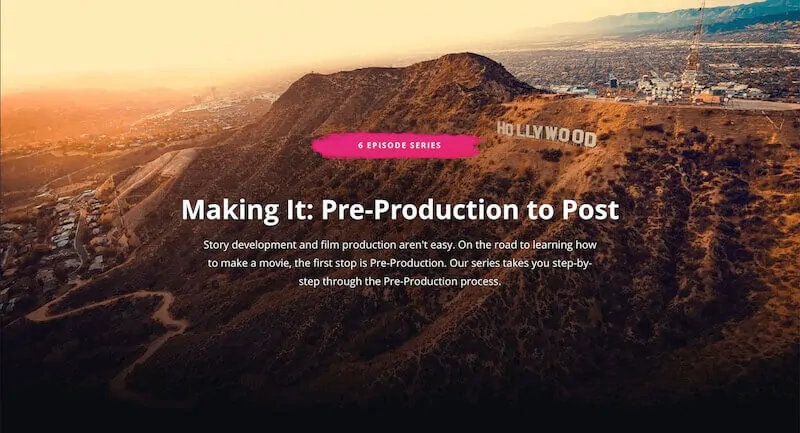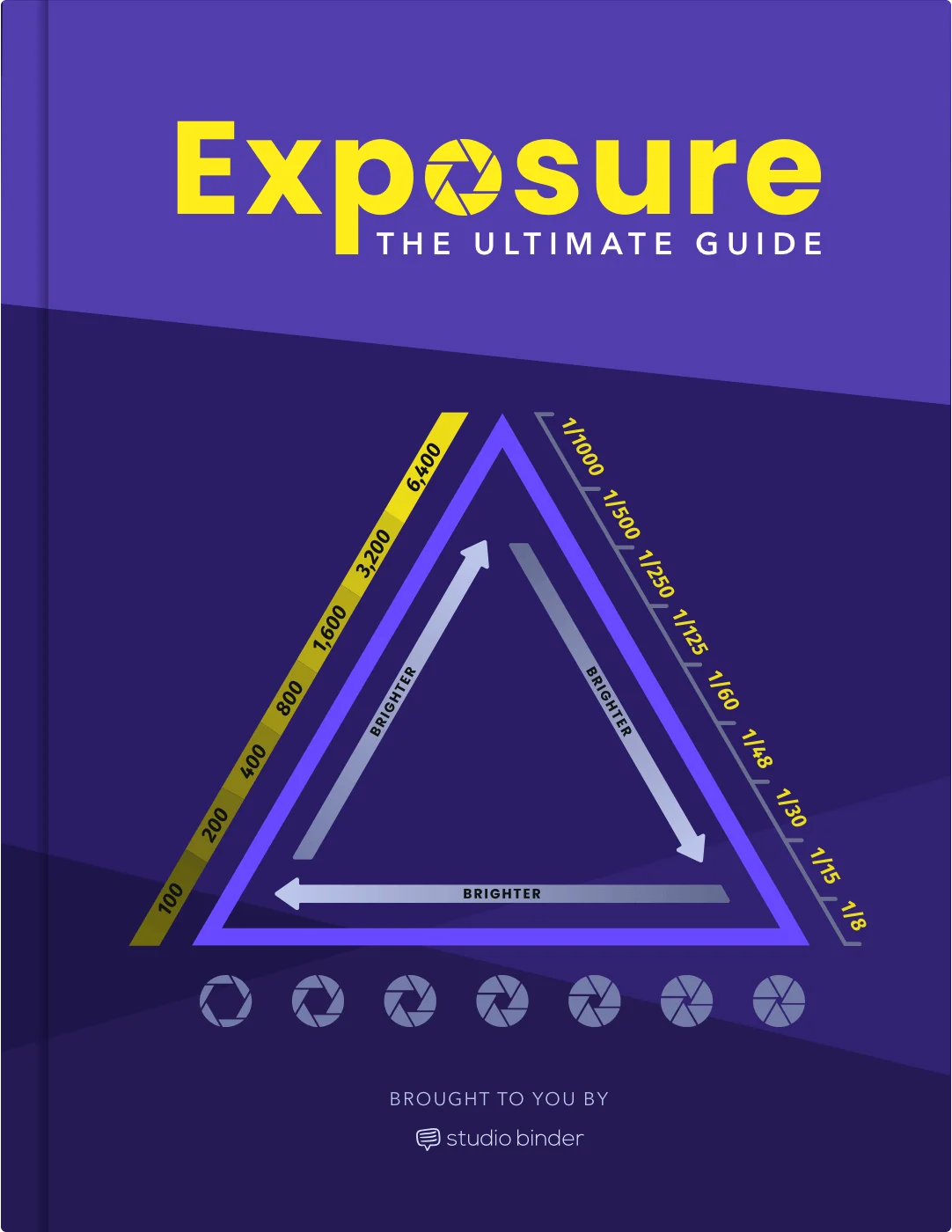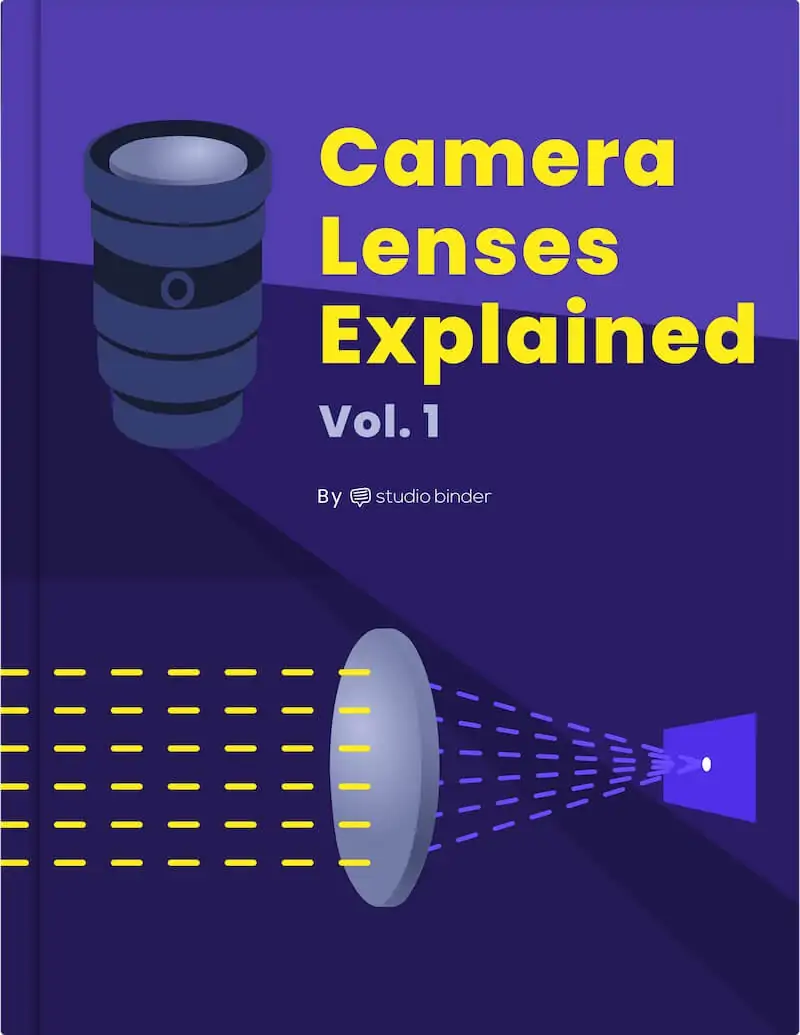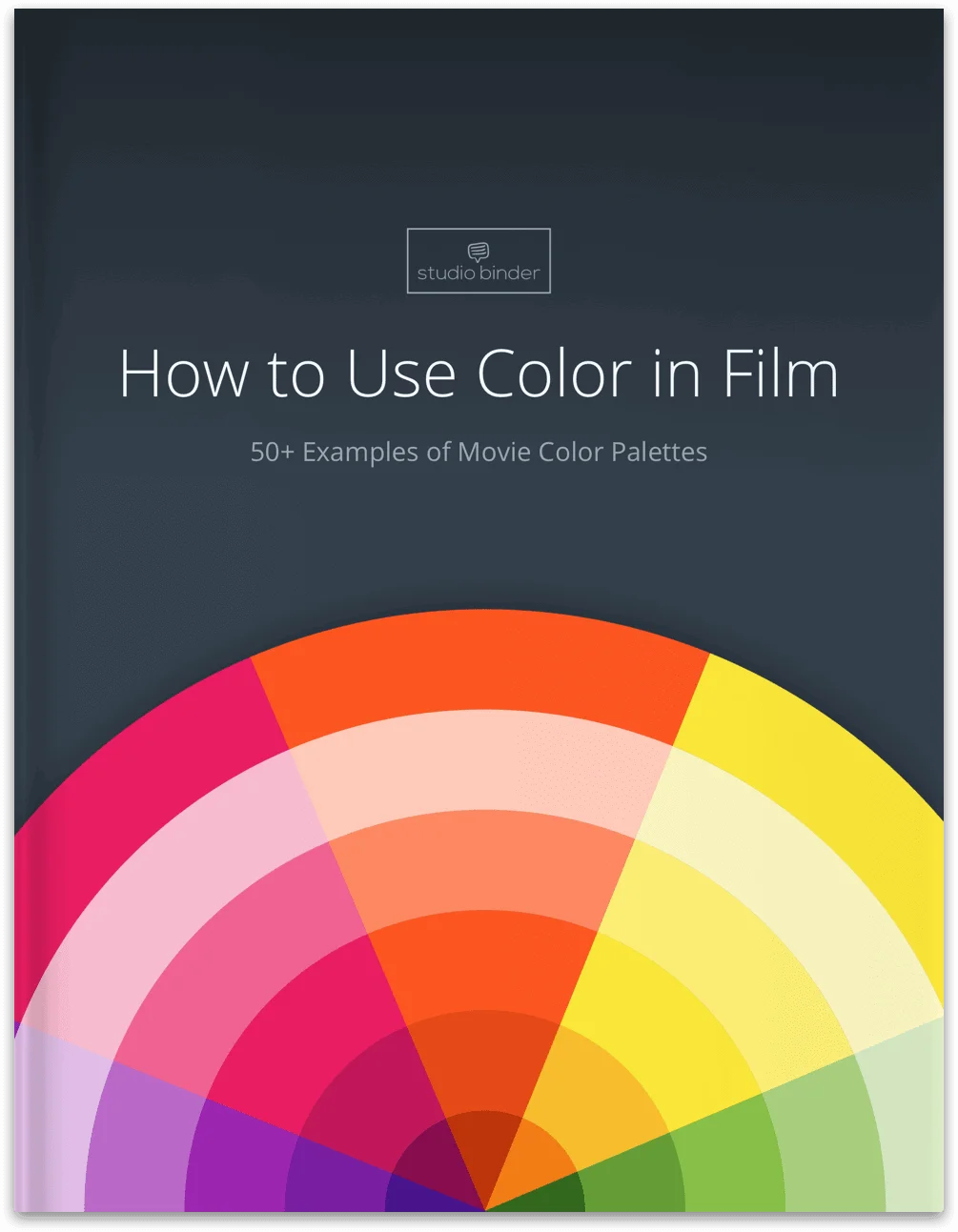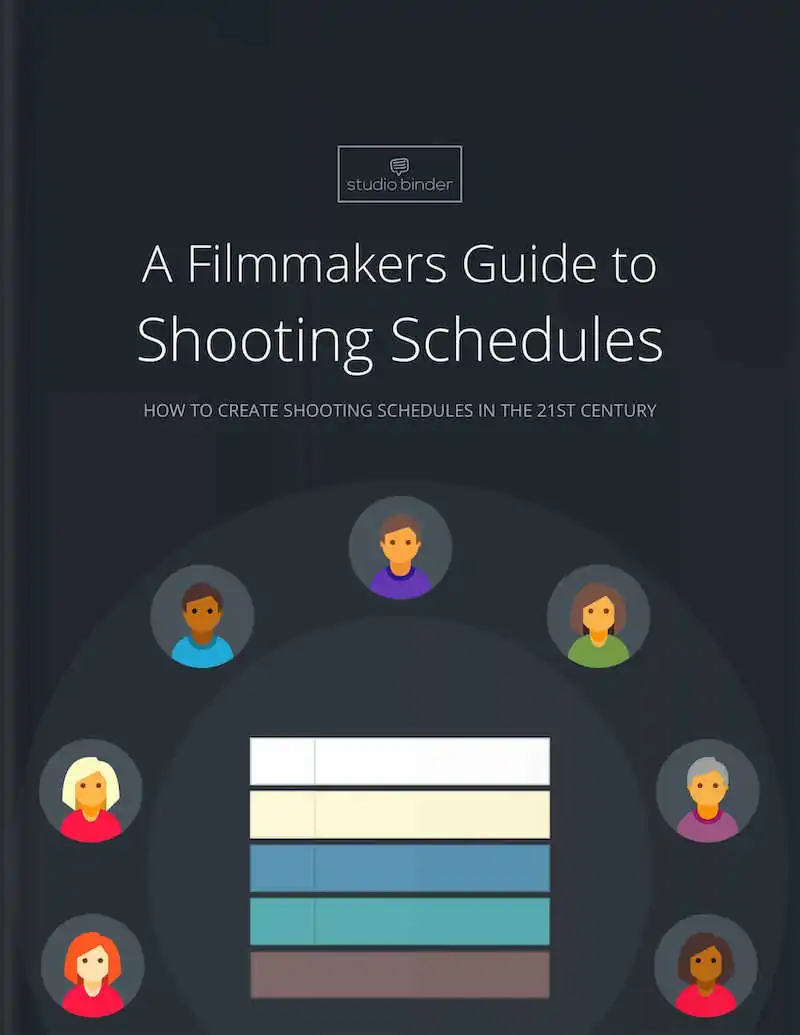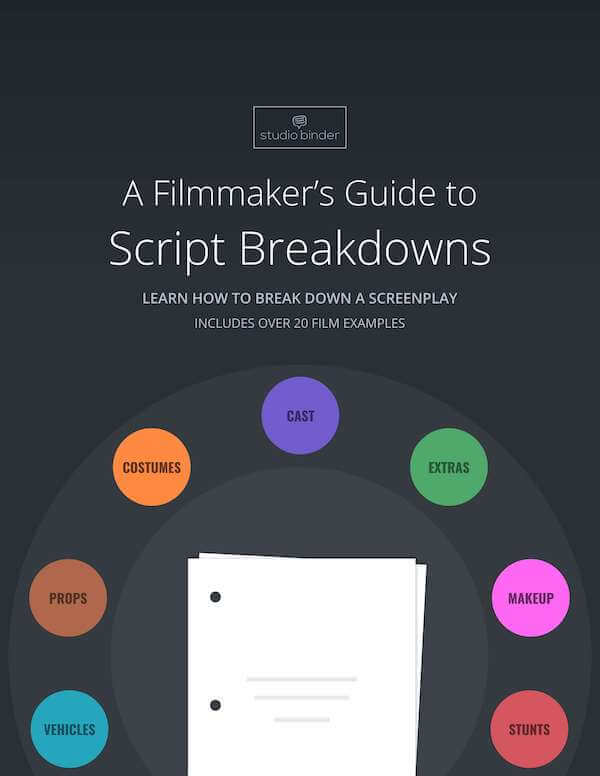Mastering the English language can be both a rewarding and challenging endeavour, and the key to this journey is understanding the basic building blocks of sentences. One such fundamental concept is the independent clause. Continue reading What is an Independent Clause — Grammar Basics Explained
Adependent clause, a foundational element of grammar, may initially seem complex but can be easily understood with a bit of explanation. It's importance cannot go understated: a dependent clause is an essential building block of any sentence. Continue reading What is a Dependent Clause — Grammar Basics Explained
What is an epilogue? It’s a term that we hear often but we don’t see it in every story. So why are epilogues so commonly talked about to when they aren’t always used? We’re going to get to the bottom of that question with examples from Harry Potter, Star Wars, and more. By the end, you’ll know how to implement them in your own stories. But before we get into the best and most creative examples in literature and film, let’s define epilogue. Continue reading What is an Epilogue — Definition & Examples
Typically, films and television shows utilize dialogue and action to communicate information to an audience. But what if you want a character to speak directly to an audience? One of the best tools to do this is the aside. What is an aside in literature and film? Asides have been used in plays throughout history. This technique has inspired screenwriters to this day. In this article we’ll define aside and analyze a few modern examples.Continue reading What is an Aside — Examples & Literary Device Explained
What is third person omniscient point of view? Third person omniscient point of view is the perfect perspective for writers who want to play god. We’re going to define this specific type of point of view by looking at examples from video essays and literature. By the end, you’ll know why third person omniscient POV is considered by many to be the most empowering literary perspective.Continue reading What is Third Person Omniscient Point of View — Writer’s Guide
You might not know what a colloquialism is, but I can guarantee you have used one at one point. What is colloquialism used for? In this article, we’ll explore the colloquialism definition and look at why and how it is used by writers in literature and cinema. Continue reading What is Colloquialism: Definition & Examples
The rule of three is one of the most important rules in all of writing – but what is the rule of three? We’re going to explore this fascinating and useful rule by looking at examples in sentences, situations, and stories. This article will serve as a referential guide for you to circle back to whenever you’re stuck in a writing jam.Continue reading What is the Rule of Three — A Literary Device for Writers
The most striking characters in film have detailed, complicated character traits. On occasion, our heroes succumb to the power of their most wicked flaws. Hamartia is a timeless term that describes this failure. If you haven’t heard of hamartia before, don’t sweat it. We’ll unpack how to spot hamartia and utilize it in your own work. So, what is hamartia and how does it work? Let's find out.Continue reading What is Hamartia — Examples of Tragic Characters in Lit. & Film
Metaphors are an important part of any writer’s lexicon. At their best, metaphors can crystalize an image or meaning in just a few words. Sometimes, however, they’re not operating at their best. Some of the most maligned metaphors are called dead metaphors, and most writers avoid them. But what is a dead metaphor? And is there any time you may want to use one?Continue reading What is a Dead Metaphor — Examples & How to Avoid Them
Metaphors are a crucial part of any writer’s prose. The figurative language technique can illustrate an idea or image in just a few words. Metaphors come in all shapes and sizes. One of the subtlest of its forms is the implied metaphor– a linguistic flare that you can miss if you’re not looking. But just because it can be hard to spot doesn’t mean it’s not important. What is an implied metaphor?Continue reading What is an Implied Metaphor — Definition, Examples & Usages













